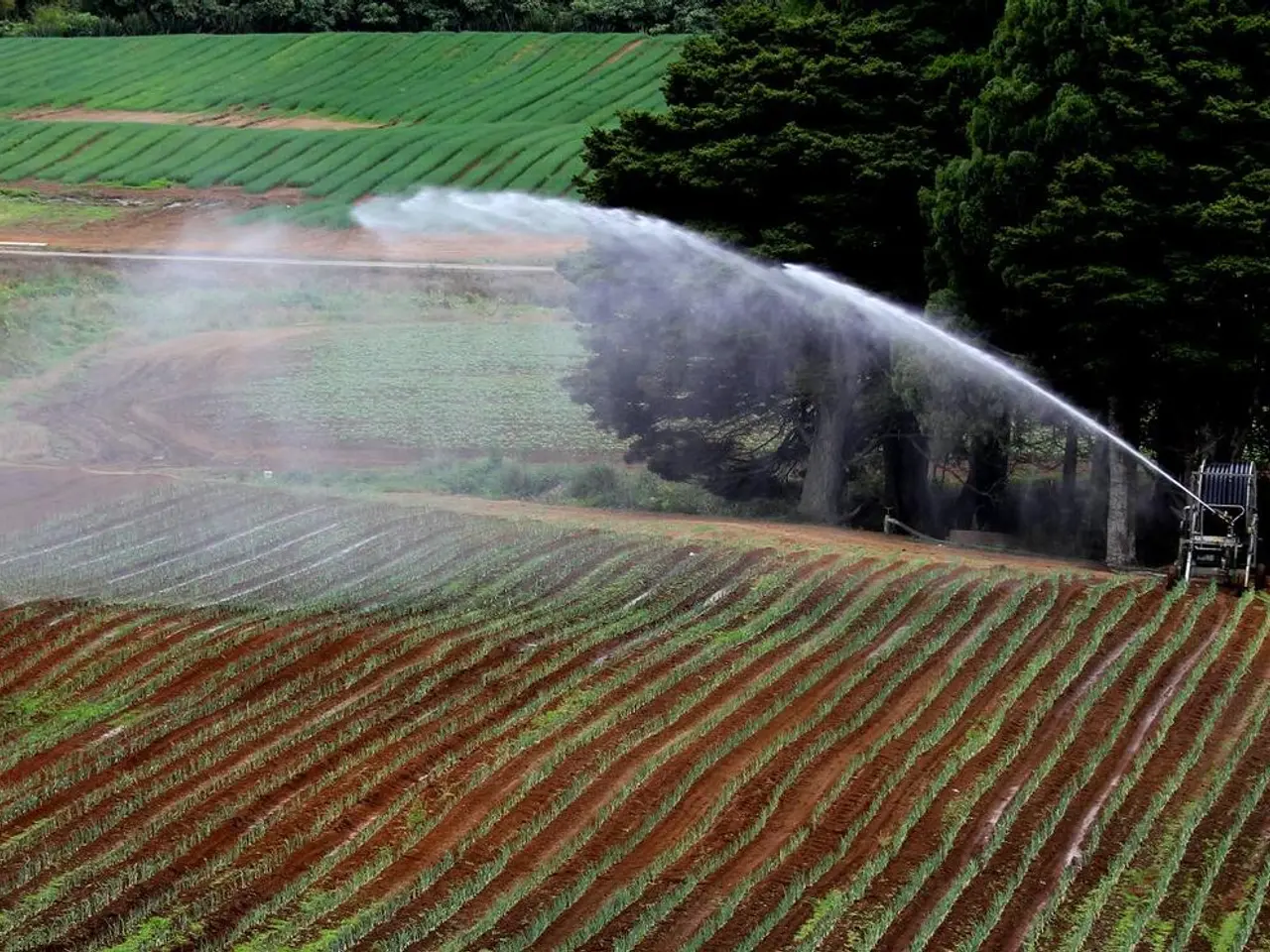Commuter Alert: Updates on Enhanced Border Verifications for Travel
Since early 2025, residents and businesses in the cities of Görlitz, Germany, and Zgorzelec, Poland, have been facing significant challenges due to the intensified border controls at the German-Polish border. The controls, which began gradually in 2023, have led to considerable delays and logistical disruptions for daily cross-border commuters and businesses.
The reintroduction of these controls, initially planned to continue until August 5th, has created average transit delays of 1 to 3 hours for trucking and transport firms, with operational costs increasing by up to 15% for carriers operating in the region. These delays have compounded difficulties for entrepreneurs relying on timely cross-border movement for trade and daily business operations.
The border controls, which are focusing on buses, minibuses, cars with many passengers, and vehicles with tinted windows, have caused traffic chaos in the city of Zgorzelec, leading some drivers to avoid the route. The German Trade Union Confederation has warned of potential overtime for drivers and interruptions in EU supply chains.
On the Polish side, the Polish border guard is controlling the border, while on the German side, federal police deployment forces are in charge. The controls are a reaction to German domestic politics and are considered a central part of the migration policy of the new federal government. Frontex reports fewer illegal entries into the EU since the beginning of the year compared to the same period last year.
The PiS, a Polish right-wing conservative opposition party, accuses the pro-European government of accepting a large number of migrants from Germany and having no control over the situation at the border. Poland wants to strengthen its border controls with Germany due to the rejection of asylum seekers at the border. Aiding and abetting illegal entry and transit is punishable by high fines and imprisonment in Poland.
Despite the stricter border controls, the Polish border guard aims to let border commuters pass without significant delays. However, the announced border controls in Goerlitz have caused a tense atmosphere and police activity on both sides of the border. A demo in Goerlitz was cancelled at short notice due to the border controls.
The previously seamless connection symbolized by the pedestrian bridge connecting Görlitz and Zgorzelec, which historically had no border checks, is now overshadowed by stricter border controls. This change contrasts sharply with the long-standing peaceful and integrated experience residents enjoyed, deeply impacting the daily lives of those who commute for work or business across the river that marks the border.
The growing tension between maintaining border security and sustaining the vibrant cross-border daily life that characterizes Görlitz and Zgorzelec is a complex issue that requires careful consideration and balanced solutions. The logistics association BGL has called for special regulations for the processing of trucks to mitigate the impact on businesses and supply chains. As the situation continues to evolve, it is essential to find a balance that respects both border security and the economic and social needs of the communities affected by these controls.
- The intensified border controls at the German-Polish border, a reaction to German domestic politics and a central part of the migration policy of the new federal government, have led to increased operational costs for transport firms and potential interruptions in EU supply chains.
- The PiS, a Polish right-wing conservative opposition party, has accused the pro-European government of accepting a large number of migrants from Germany and having no control over the situation at the border, and has called for stronger border controls with Germany due to the rejection of asylum seekers.







